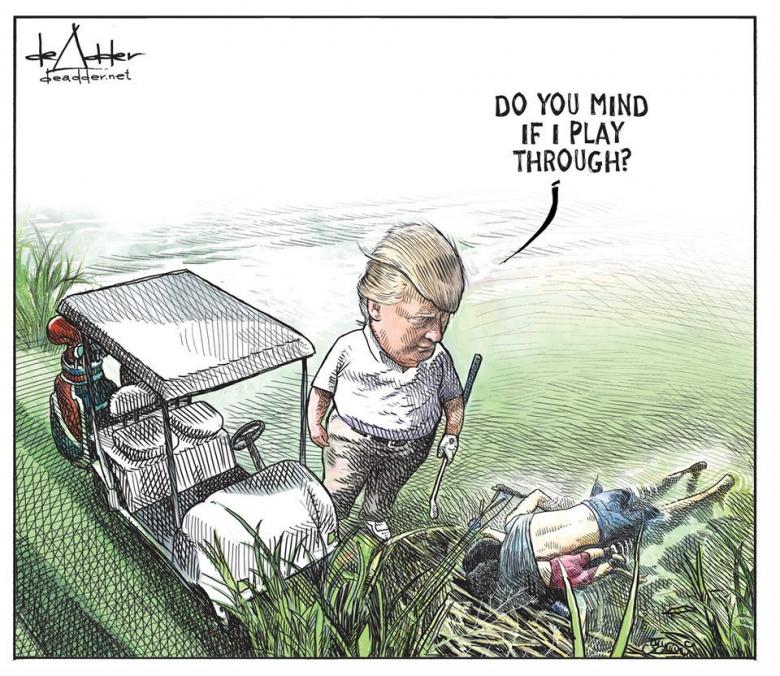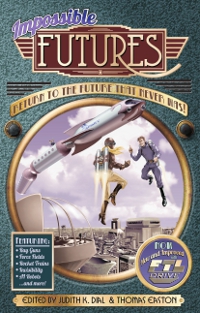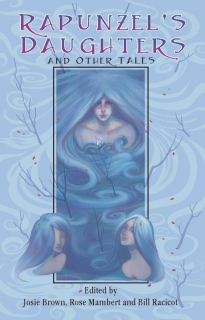One of the trends I’ve been watching the past few months is the decline of mainstream media’s support for political cartooning and satire.
If satire is doomed, or society is doomed.
It just so happened I came across a bunch of different articles in the same day that seemed to me to coalesce into a dark picture of one aspect of what’s happening in our society. A newspaper cartoonist in Canada got fired for doing a cartoon critical of Trump, another in Pittsburgh suffered the same fate. First Look Media will no longer support the comics site The Nib, The New York Times announced it will no longer publish political cartoons, and ATT/Warner/DC cancelled Mad Magazine. More recently, a political cartoonist for the Farm News was fired for being critical of large farming corporations.
Admittedly, satire has been becoming harder to do all the time. Half the time, headlines from the Times or the Post sound like they were written for The Onion. At the same time, doing satire has become increasingly dangerous. You can lose your job, or extreme cases, even get assassinated, for satirizing the wrong person or subject.
Although the Brunswick Times claims cartoonist de Adders’ Trump cartoon was not the reason they fired him, he says he was told Trump was “a taboo subject.” The Pittsburgh Post-Gazette claims they fired cartoonist Robert Rogers because he “wouldn’t be edited,” which Rogers says means he refused to do cartoons promoting Trump. The Times doesn’t explain its decision to quit publishing political cartoons. Warner/DC claims Mad isn’t profitable any more, and First Media gives the same excuse for cutting the Nib loose.
Maybe it’s true that Mad or the Nib weren’t profitable, though most journalists covering these stories have suggested that “not profitable” in both cases doesn’t mean they weren’t making money, just that they weren’t making the enormous profits that the company’s other publications were.
But editorial and political cartoons’ primary worth isn’t the profit they generate, but what they bring to the public discourse. As The Nib’s contributing editor Sarah Mirk told Longreads, editorial cartooning is “not something where you get a high financial reward on your investment — what you get back is cultural change. For people who just care about money, maybe they shouldn’t be funding journalism.”
It looks to me like both the Times and DC are acting the way most of big media – or at least big print media – is acting, caving to the culture of never giving anyone offense and never calling out those in power. They are simply too cowardly to continue giving a voice to satire.
But even if I’m wrong about their motivations, these are still bad moves for our cultural health. If, both as individuals, and as a society and a culture, we can’t laugh at ourselves, our leaders, our institutions, our human foibles and stupidities, we’re in deep trouble.
Thankfully, SNL hasn’t been cancelled yet, and both Trevor Noah and Stephen Colbert look to be pretty secure in their jobs. Print media could take a clue from some television media, and grow some friggin’ balls.
Humor and satire can cut through the bullshit, down to the bone and the core of the issue. Naturally, some folks don’t care for that. As Nanny Ogg says in one of Terry Pratchett’s Discworld stories, “When people say things are a lot more complicated than that, they means they’re getting worried that they won’t like the truth.”





 "Duncan Eagleson's Viking Snow White retelling, "Snovhit" [has] an authentically ancient feel."
"Duncan Eagleson's Viking Snow White retelling, "Snovhit" [has] an authentically ancient feel."